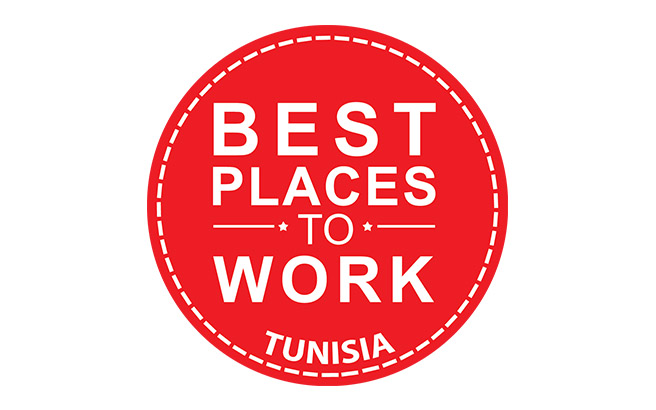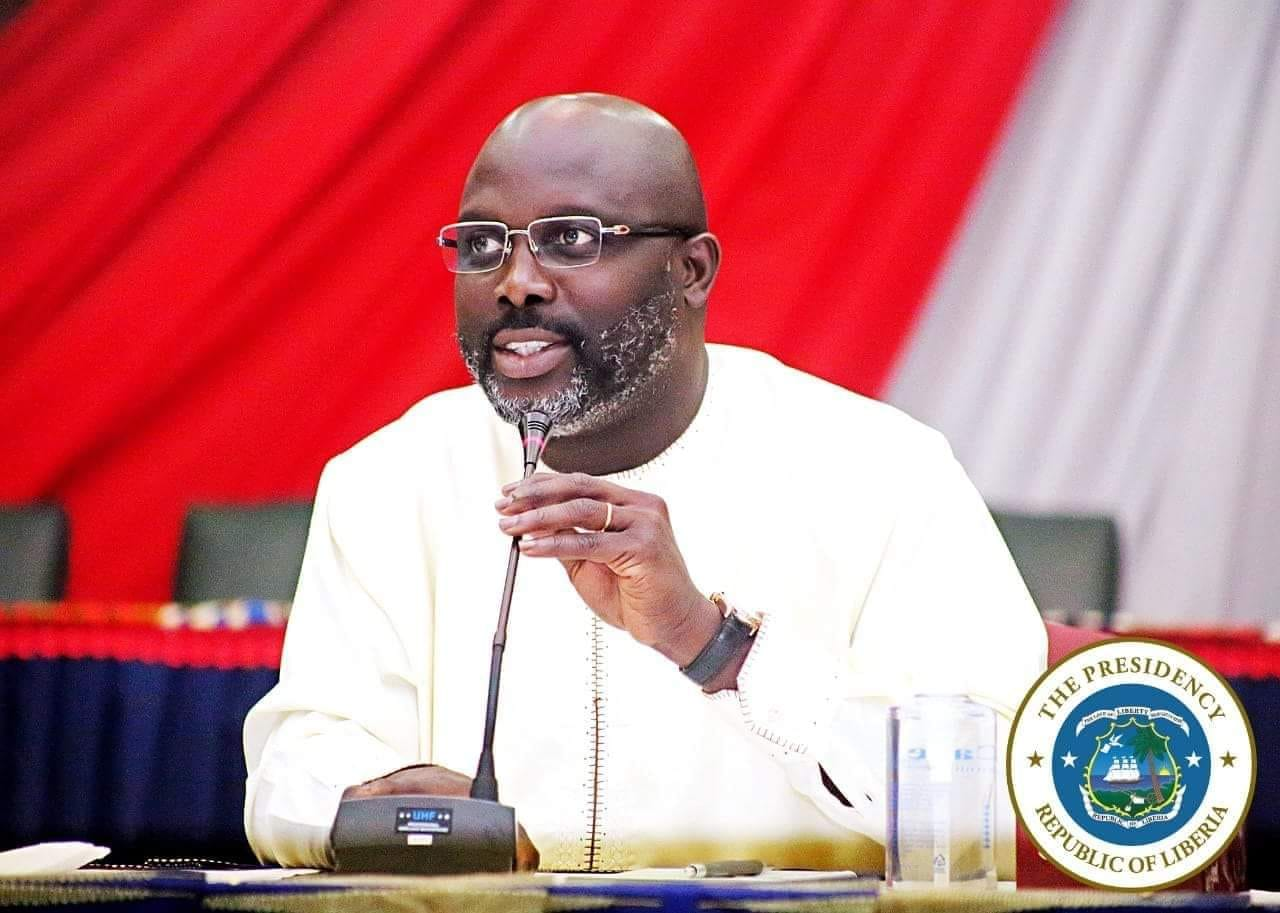The President of Nigeria, Muhammadu Buhari, has announced plans to commission a new basic chemicals platform worth $1.3b that will produce ammonia and fertilizers in Nigeria in the coming months.
The President who addressed an audience with the Fertilizer Producers and Suppliers Association of Nigeria, FEPSAN, revealed that the new plant will be built in partnership with the Kingdom of Morocco.
In a statement issued by his Special Adviser on Media and Publicity, Chief Femi Adesina, in Abuja, the President noted that an agreement was in place with Morocco already. He said:
“His Majesty, the King of Morocco and I, have agreed to extend the current Phosphate supply agreement between the Kingdom of Morocco and Nigeria.
“We both believe that to consolidate and expand on the successes recorded thus far, we must secure raw material supplies to our blenders”
The project for the plant which is part of the agreement is estimated to be developed at $1.3 billion and it is expected to help with the production of essentials such as Ammonia, Sulphuric Acid etc. Explaining the development, President Bihari said:
“Furthermore, to improve the balance of trade between Nigeria and Morocco, the two countries have signed an agreement to develop a $1.3 billion Basic Chemicals Platform in Nigeria that will produce Ammonia, Phosphoric Acid, Sulphuric Acid and various Nitrogen, Phosphorus and Potassium (NPK) and Diammonium Phosphate (DAP) fertilisers using Nigeria’s gas reserves”
Hopeful for the future, the President believed that these projects when put together with the existing 44 blending plants available will position Nigeria as a regional and global fertiliser powerhouse.


